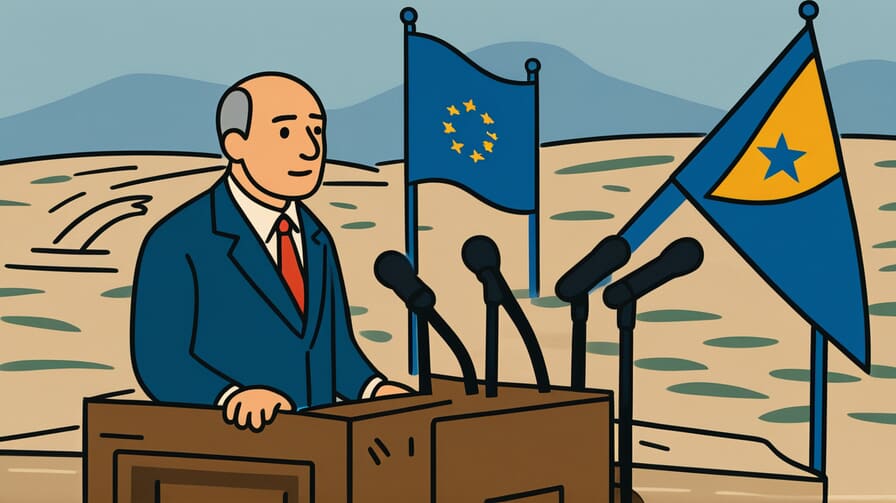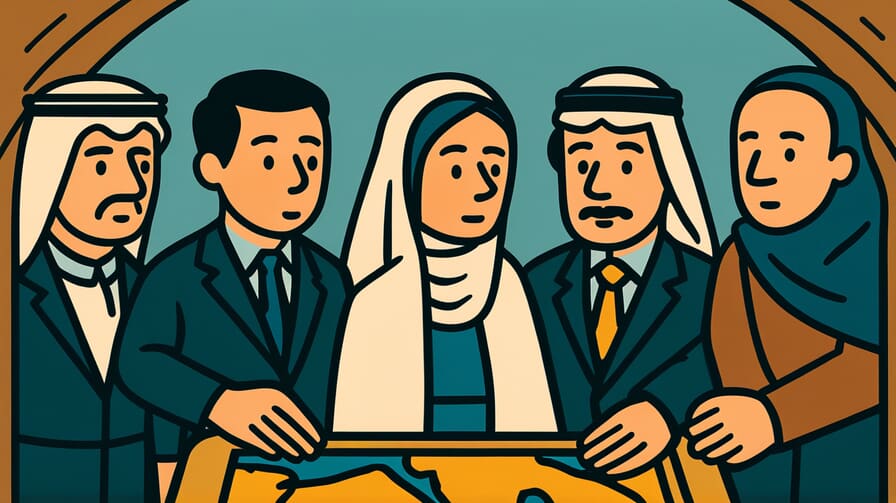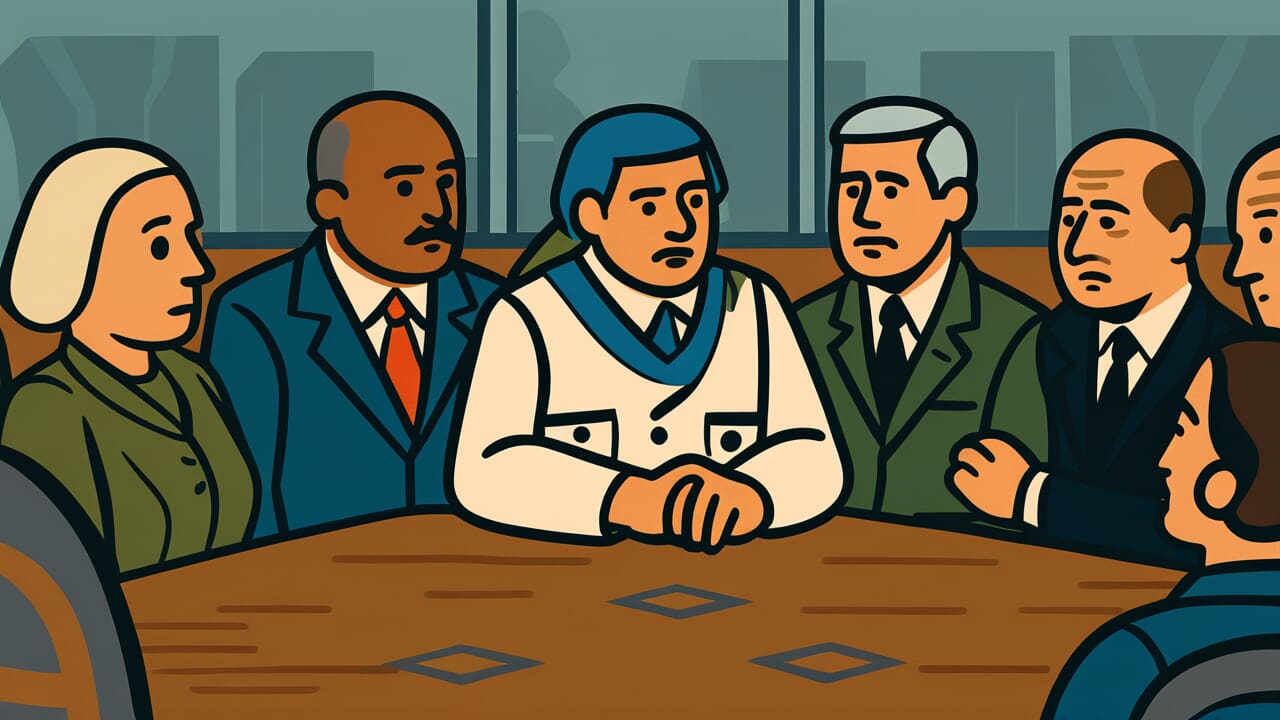[Disclaimer] This article is reconstructed based on information from external sources. Please verify the original source before referring to this content.
News Summary
The following content was published online. A translated summary is presented below. See the source for details.
The ongoing conflict in Gaza has sparked intense debate across Europe about the region’s response and moral responsibility. As casualties mount and humanitarian concerns grow, European nations are grappling with a complex mix of historical guilt, geopolitical interests, and public opinion. Germany, with its unique historical context, has taken a staunchly pro-Israel stance, while countries like Ireland and Spain have been more critical of Israel’s actions. The European Union has struggled to present a unified position, with internal divisions reflecting the diverse perspectives of member states. Meanwhile, protests in major European cities have highlighted the public’s growing concern over the situation in Gaza. As the crisis continues, European leaders face mounting pressure to balance diplomatic relationships, humanitarian obligations, and domestic political considerations in their approach to the conflict.
Source: globalvoices
Our Commentary
Background and Context

The Gaza conflict has reignited debates about European foreign policy and the continent’s historical relationship with the Middle East. The Holocaust and Europe’s colonial past continue to influence modern diplomatic stances, particularly in countries like Germany. The EU’s attempts to forge a common foreign policy are being severely tested by this crisis.
Expert Analysis
The diverse reactions across Europe reflect deep-seated historical and cultural differences among member states. Germany’s unwavering support for Israel stems from its commitment to atone for the Holocaust, while countries with a history of colonialism may be more sympathetic to Palestinian narratives. The EU’s struggle to present a unified front highlights the challenges of coordinating foreign policy across a diverse bloc.
Key points:
- Historical guilt plays a significant role in shaping European responses
- Public opinion is increasingly diverging from official government positions
- The crisis is exposing limitations in EU foreign policy coordination
Additional Data and Fact Reinforcement
Recent polls and protests have underscored the evolving public sentiment:
- Over 70% of Europeans surveyed express concern about the humanitarian situation in Gaza
- Protests in major European cities have drawn crowds numbering in the tens of thousands
- Social media engagement on Gaza-related topics has increased by 300% since the conflict began
Related News
The Gaza conflict is occurring against a backdrop of other global challenges, including the ongoing war in Ukraine and rising tensions between China and Taiwan. These concurrent crises are stretching diplomatic resources and forcing European leaders to juggle multiple foreign policy priorities simultaneously.
Summary

The Gaza conflict has become a litmus test for European values and foreign policy. As the situation evolves, European nations must navigate a complex landscape of historical responsibility, humanitarian concerns, and geopolitical interests. The outcome of this crisis could have lasting implications for the EU’s role on the global stage and its internal cohesion.


